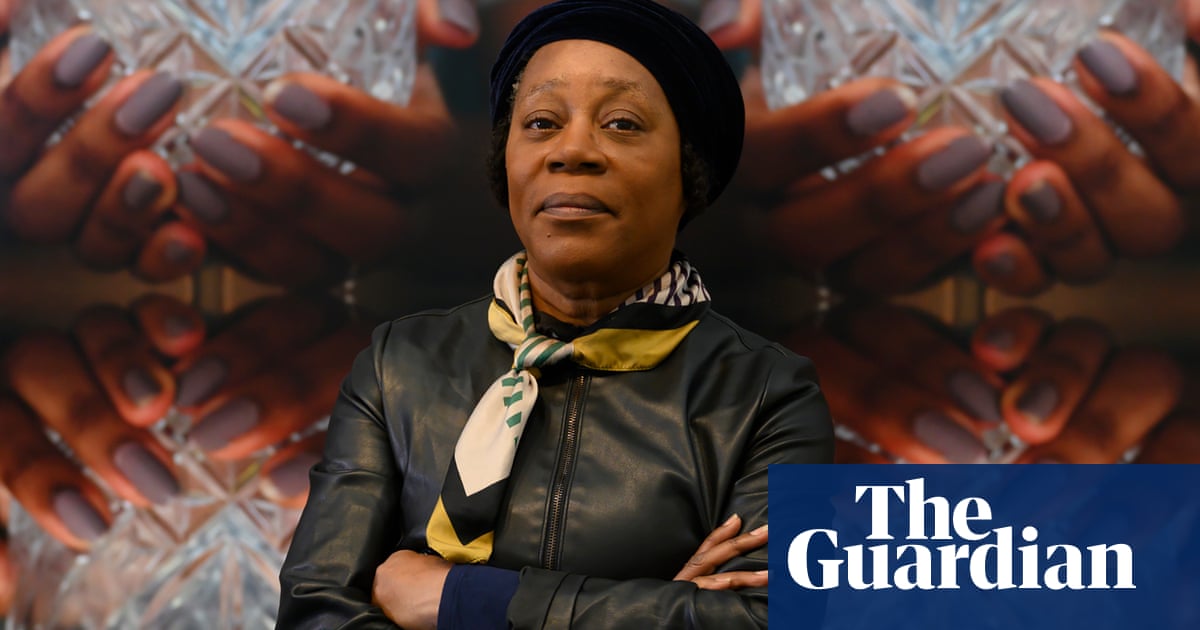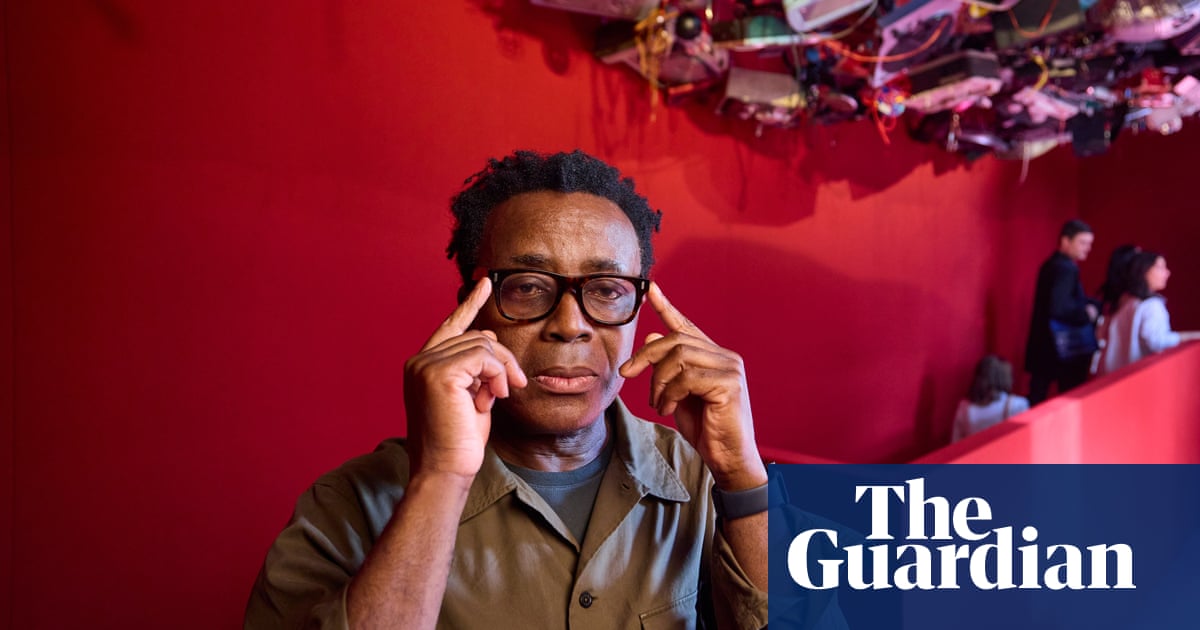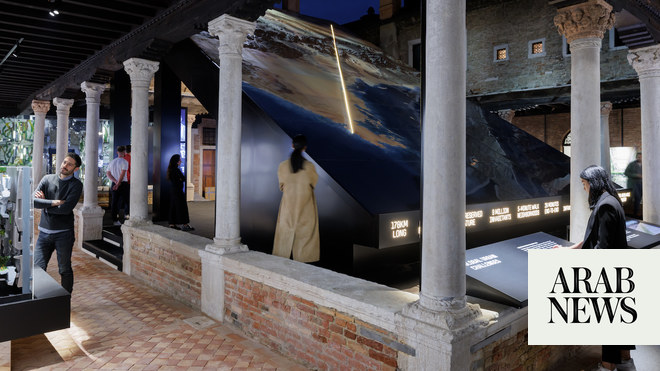
Artist caused storm in 2018 when she removed painting of nymphs from Manchester Art Gallery
The artist Sonia Boyce has been chosen to represent Britain at the Venice Biennale – the first black woman to do so. Her work will fill the UK pavilion from May until November next year.
Boyce, who lives and works in London, caused controversy two years ago when she removed John William Waterhouse’s 1896 painting Hylas and the Nymphs from the wall of the Manchester Art Gallery for a week. She wrote in the Guardian that the action was intended to draw attention to the way decisions are made in museums about what is made visible to the public.
Nonetheless, it sparked a furious backlash, with many accusing Boyce of censorship or virtue-signalling. The artist later said she had experienced “a level of anger and vitriol that was really unhealthy … the desire to bash women in the public space was strongly felt”.
Sign up to the Art Weekly email
Read more
The artist told the Times the fallout from Brexit would inevitably influence her work, as would the idea of nationhood at the event, which is known as the Olympics of the art world.
“There is this question about nations and nationality and that is how [the biennale] was set up; to promote the so-called best of what was happening any given country or nation. I don’t know if it is anachronistic but I still think it is important in the time we are in to think about what nation means,” she said.
Boyce also hinted that her work at the Venice Biennale could involve collaboration. She said she would be “encouraging other people to get involved”, adding that she wanted the work to be convivial and approachable rather than “completely off the rails”.
“There are serious questions about how people can come together, particularly when there might be tensions around differences,” Boyce said. “But through art it is possible.”
Boyce, who is 58, came to prominence at the forefront of the black British art scene in the early 1980s. In 1987, she became the first black woman to enter the Tate’s collection when it bought her drawing Missionary Position II; 29 years later, she became the first black woman to be elected a Royal Academician. She was awarded an OBE this year.
Boyce’s work combines media photography, drawing, performance and film, drawing on a range of collaborators in order to explore her experience as a black woman in a tradition that has excluded people like her.
She told the Guardian’s Charlotte Higgins: “It was very clear when I was at art college that I was somehow out of place; the system hadn’t anticipated me, or anyone like me. Even though there were a lot of female students, they were thought about as though they were being trained to become the wives of artists, not artists themselves. As a black person, there wasn’t a narrative at all. Maybe to be a model.”
Emma Dexter, the chair of the British pavilion selection committee, said: “Boyce’s work raises important questions about the nature of creativity, questioning who makes art, how ideas are formed, and the nature of authorship. At such a pivotal moment in the UK’s history, the committee has chosen an artist whose work embodies inclusiveness, generosity, experimentation and the importance of working together.”
Boyce said: “You could have knocked me down with a feather when I got the call to tell me I had been chosen to represent Britain at the Venice Biennale 2021 – it was like a bolt out of the blue. Obviously, I’m extremely honoured, excited – and nervous. I’m eager to start this creative journey, exploring the experience with others who agree to work with me along the way.”
In France, the selection of the first artist of Algerian descent to represent the country at the biennale has caused controversy. Zineb Sedira has faced calls to step down after accusations that she supports the Boycott, Divestment, and Sanctions (BDS) movement, which calls on the Israeli government to grant equality to Palestinian citizens by imposing a cultural boycott.
The French writer and philosopher Bernard-Henri Lévy was one of the figures calling for the French government to give the honour to another artist, while Sedira denies the link to BDS, calling the accusations “unfounded and slanderous”.












